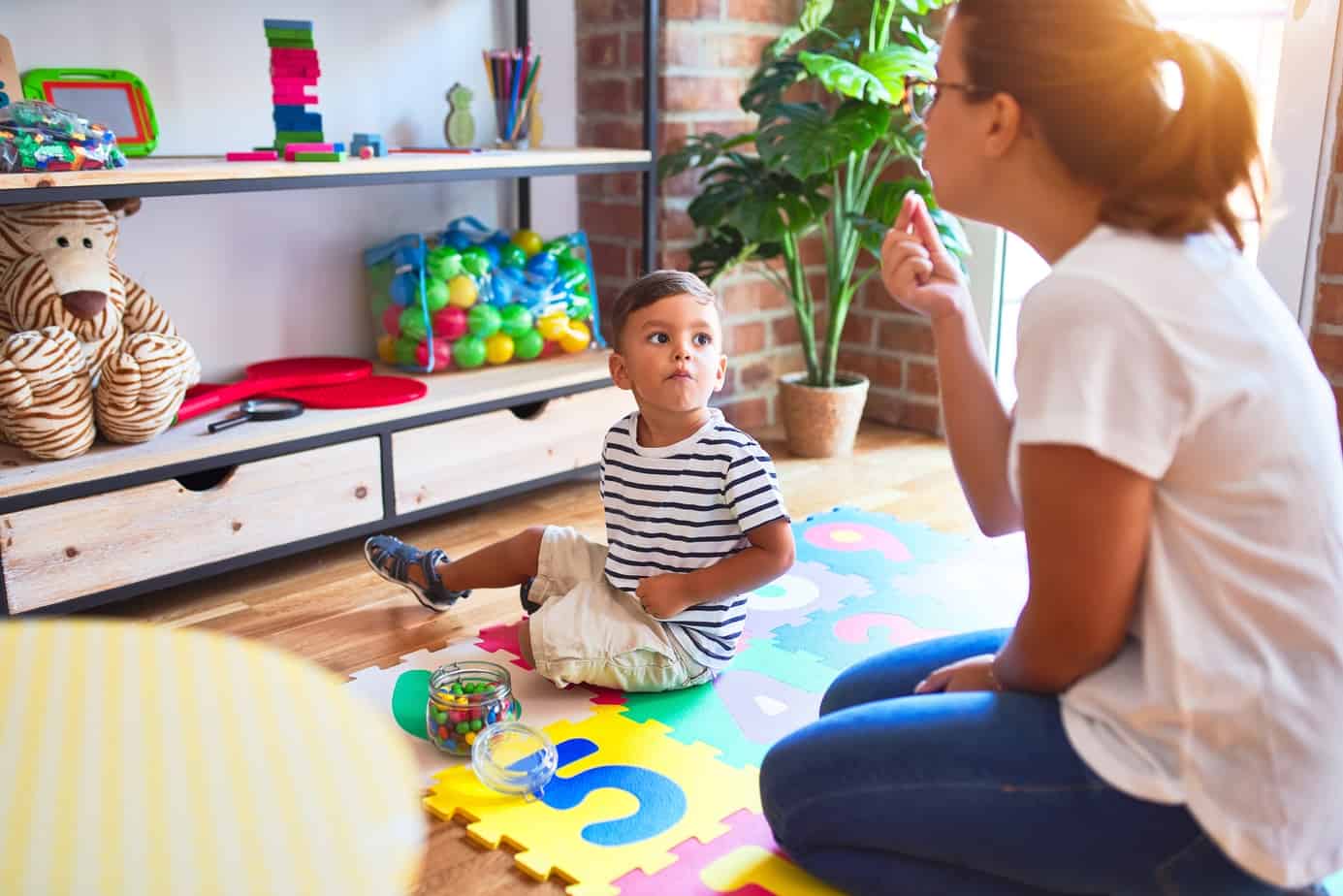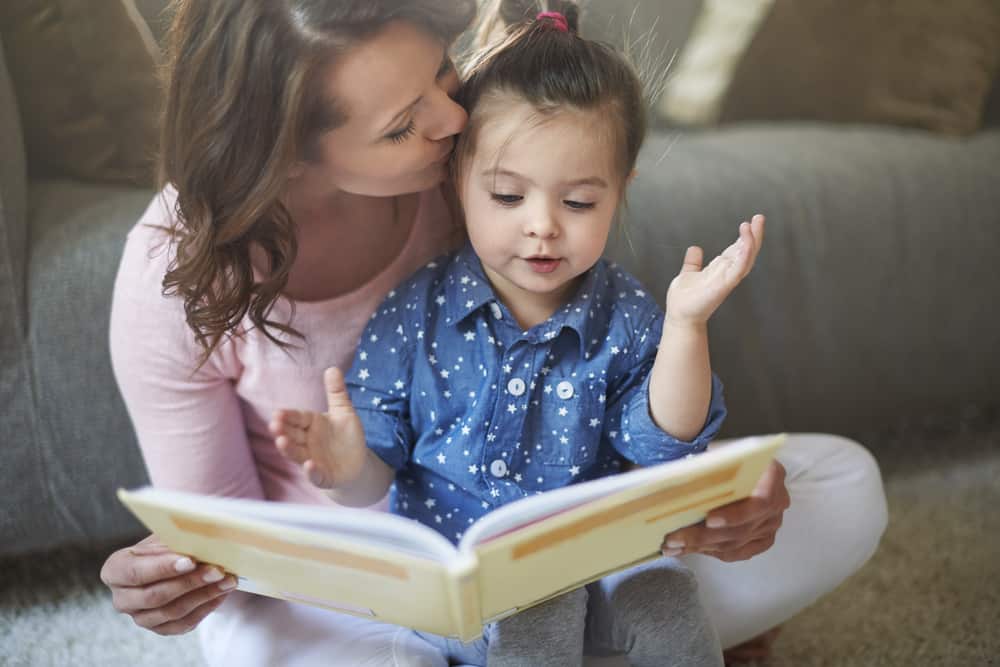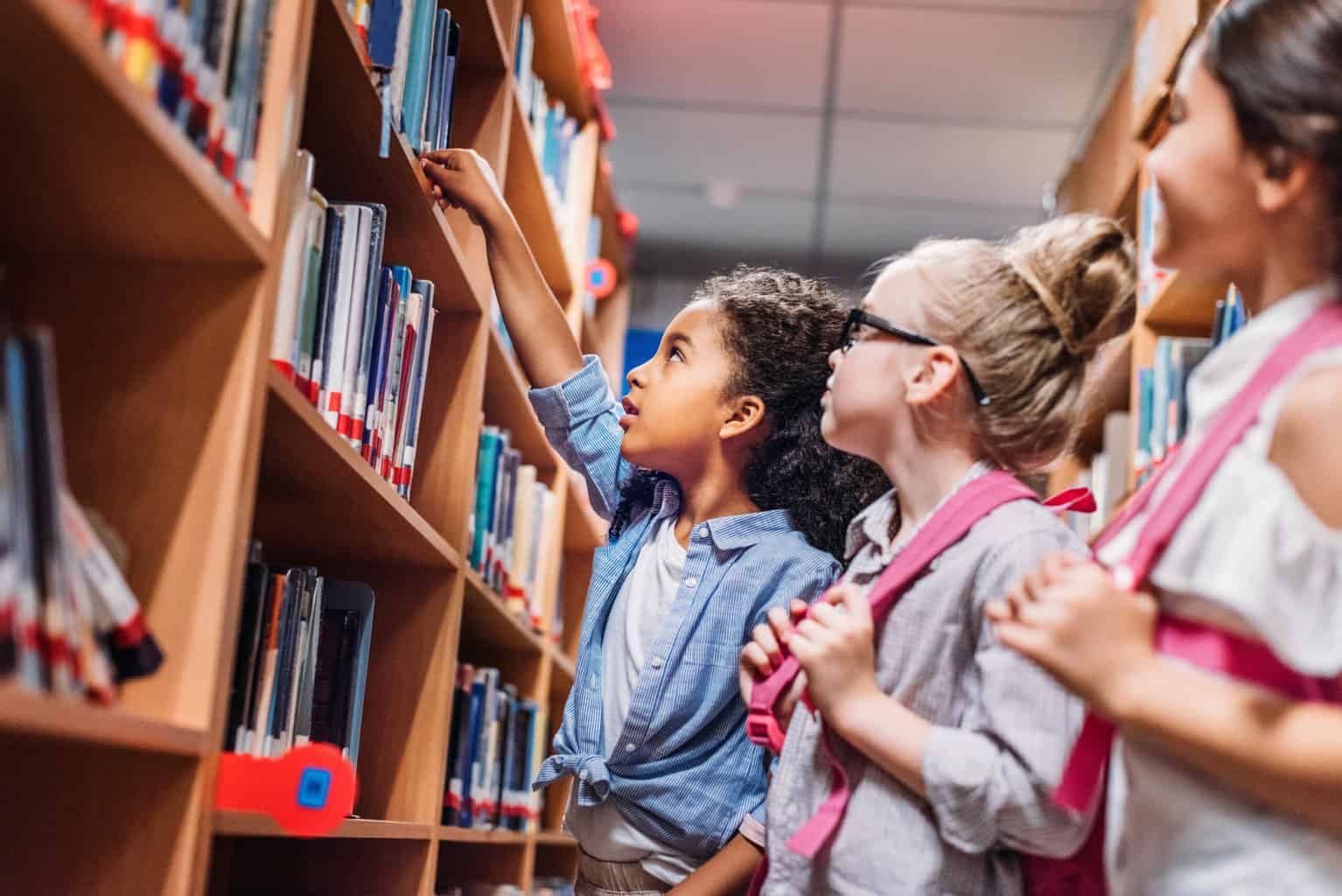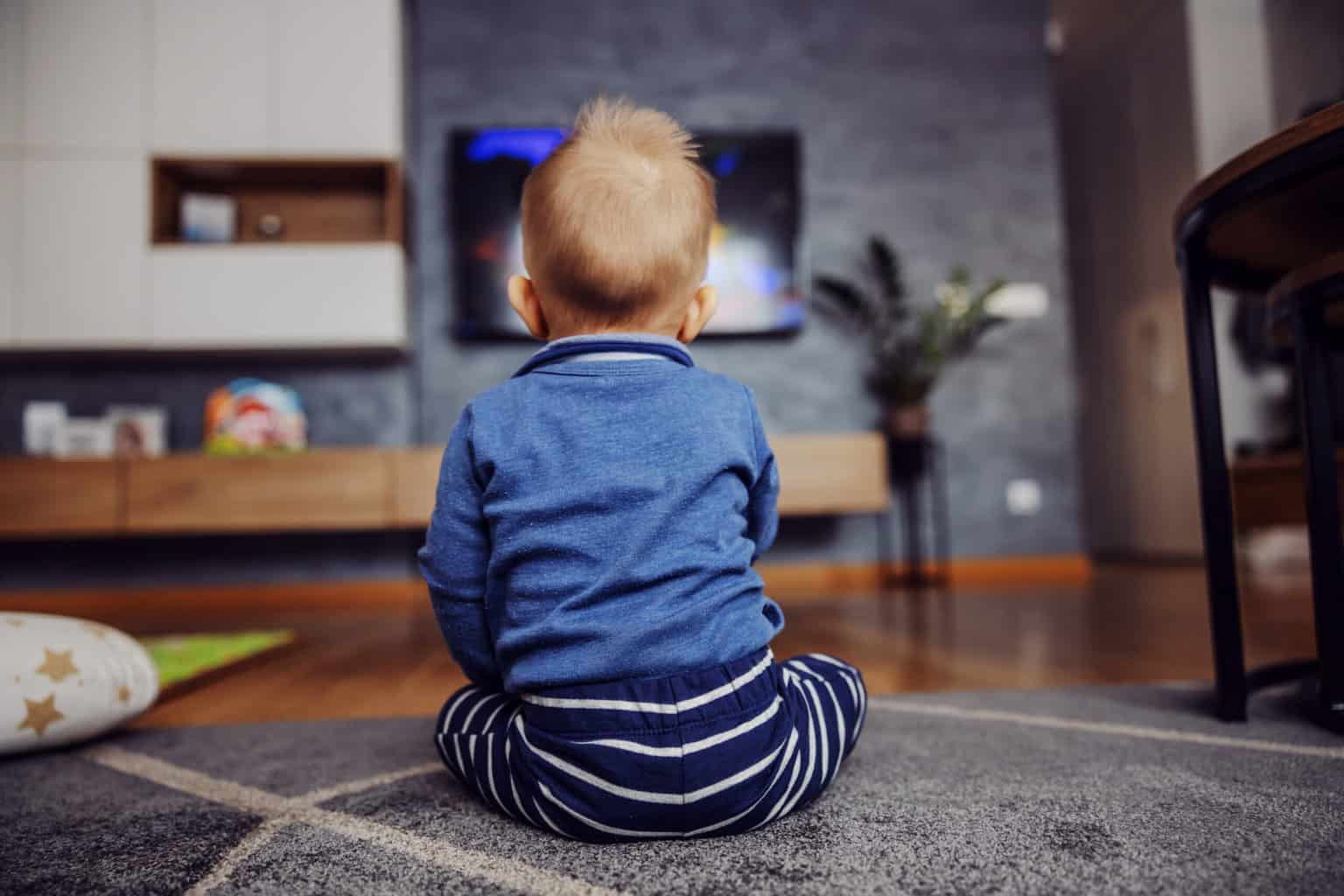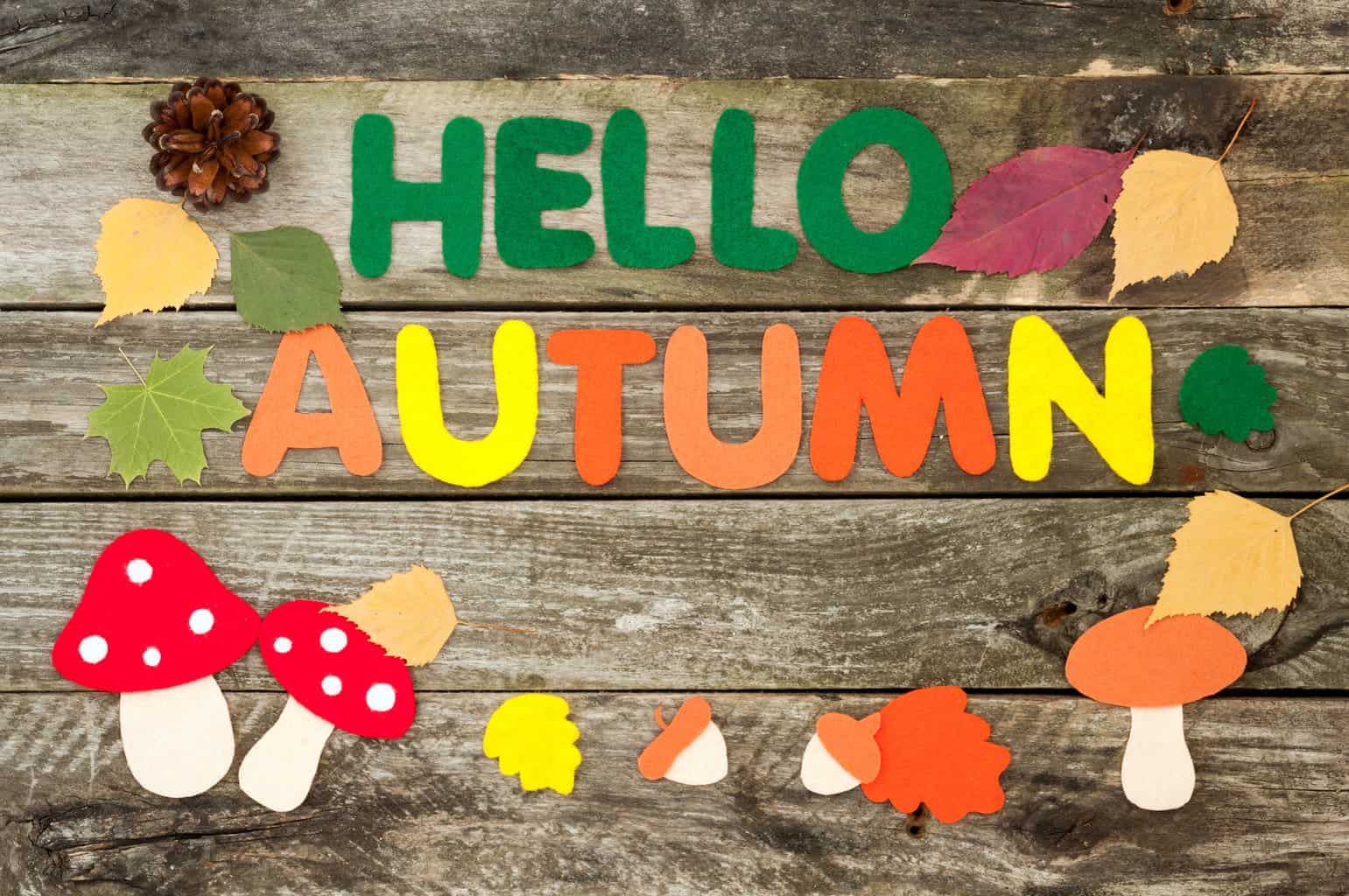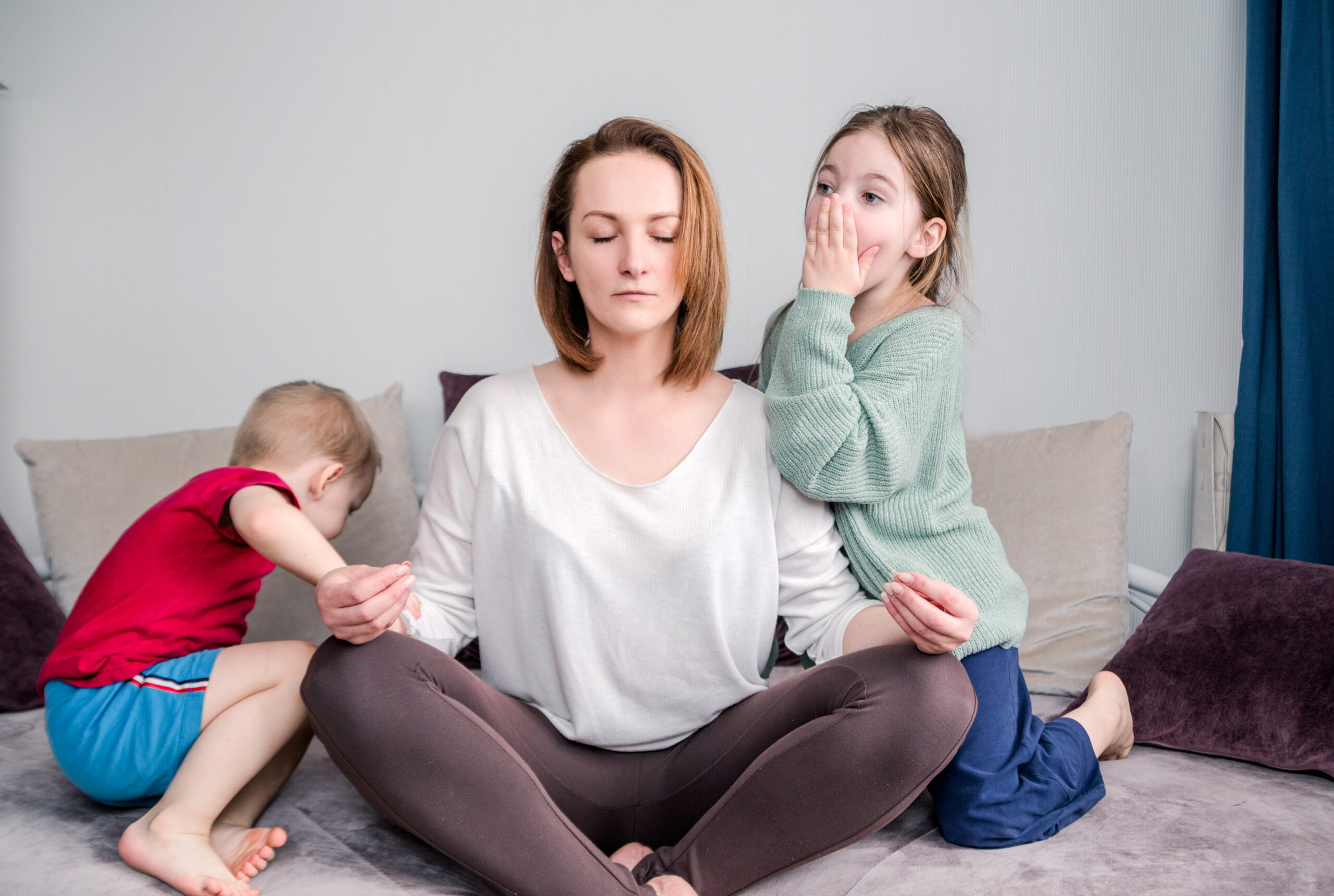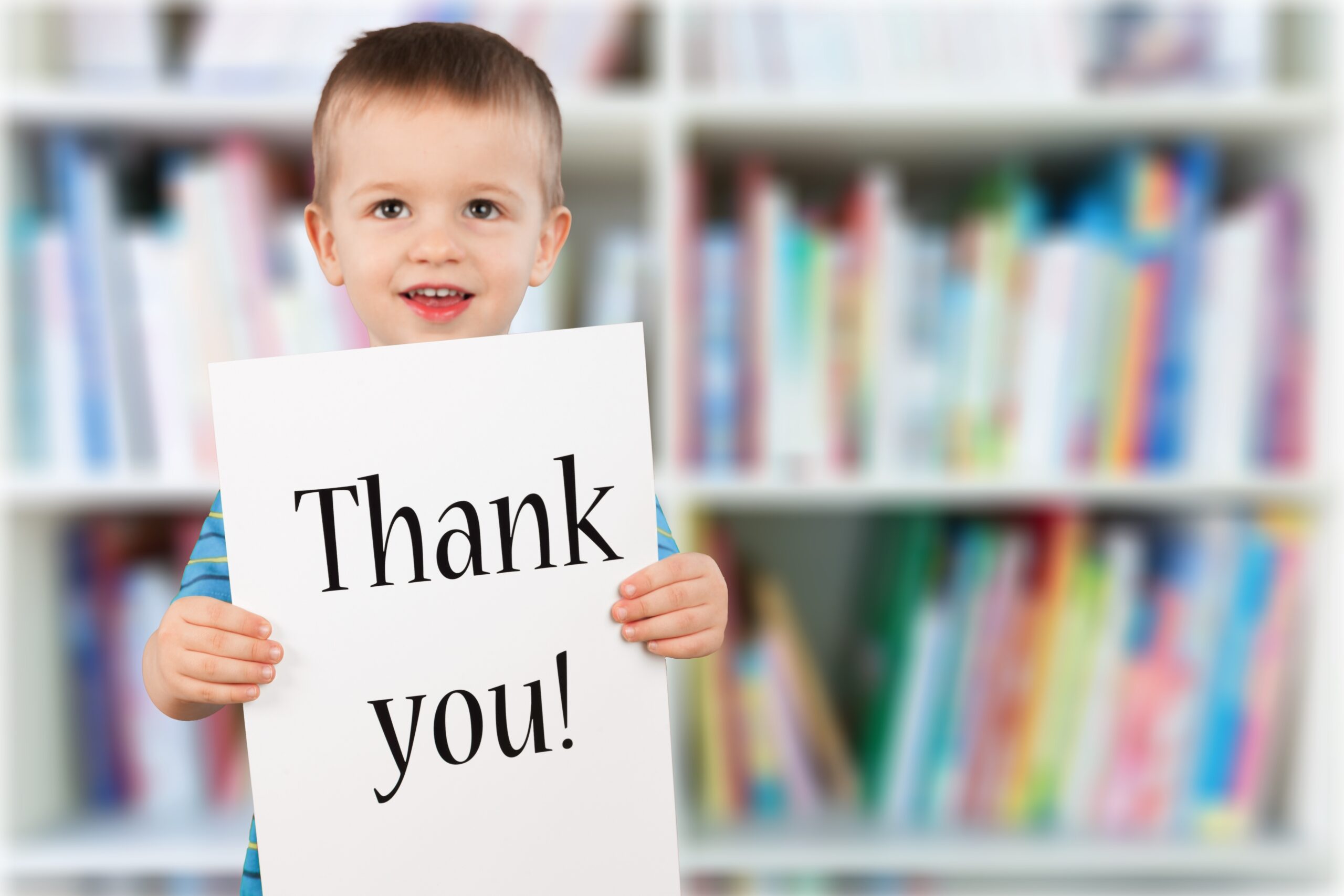Is your 2-year-old talking gibberish? Perhaps, as a parent you’re concerned that your child should have more real words at this stage.
We were too. When our son turned 2 he had just one word. Dada. That was it. And of course, it was Dada, right?
The rest of his verbal language skills were noticeably lacking. There was a lot of chatter, plenty of babbling, and silly noises, but really no clear words besides Dada, so naturally it was a bit worrisome for us as parents.
It was like our little boy was speaking his own language and unfortunately, my husband and I had no idea how to speak gibberish!
Saying Mama was a long way off. But when he finally did say it, it was in a three-word sentence out of nowhere, which was thrilling! I’d like to share some of the things we’ve learned along the way with you.
So I’m writing this post to share some of our experience with speech therapy, how it helped our 2-year-old learn to talk and how working with a speech therapist can help your little one too.
As well, I’ve included some speech activities you can do at home with your baby or toddler to get beyond the babbling.
Some of my blog posts contain affiliate links, from which we may receive a small commission at no additional cost to you. See our disclosure and privacy policy.
This post is not intended to be taken as medical advice of any kind. As always, consult your healthcare professional with all your concerns.
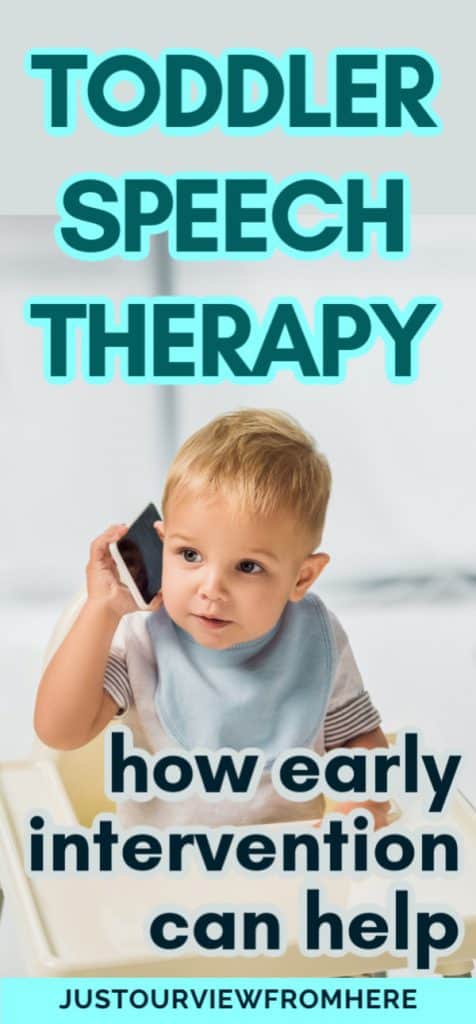
I dove into the internet and started researching speech therapy for toddlers for myself.
Naturally, it’s hard not to compare your kid to other kids when it comes to milestones and there is a range of “normal” for speech as with the other milestones. So bear this in mind as you do your research.
If you look at parenting forums online or talk to other parents, you will hear a million different opinions, such as “wait and see”, “boys talk later” or “so and so’s kid didn’t talk until they were 3 and she is fine”.
All those things may be true, but when it comes to your child, you will want to make an informed decision and do what’s best for him or her.
As I looked into it more I realized that, yes, there is a range of what’s considered normal and every child is unique.
But I figured it was time to seek some professional help when discovering that the average 2-year-old should have about 50-100 words, and not just be talking gibberish.
As I said, our son had ONE. One word…Dada.
We thought it couldn’t do any harm to look into speech therapy, in fact, my husband and I were convinced it could only help.
Now that we’re 18 months into it I can say with confidence that early speech therapy was absolutely the best decision.
We did not just want to “wait and see” when it came to his speech development.
Concerned About Your 2-Year-Old Not Talking? Speak To Your Pediatrician
The first step was speaking with our family doctor. He gave us a referral for a speech and language development program in our area called Talk To Me.
They use a lot of resources for language, social and literary skills in young children from The Hanen Centre, a not-for-profit charitable organization founded in 1975 by Ayala Hanen Manolson from Montreal, Canada.
The Hanen approach really focuses on parent involvement in their kids’ language learning opportunities.
They believe that parent-child interaction and modeling are powerful ways to help with late talkers and other communication delays.
According to The Hanen Centre guidelines, “24-month-olds should use at least 100 words and combine 2 words together.
These word combinations should be generated by the child, and not be combinations that are “memorized chunks” of language, such as “thank you”, “bye-bye”, “all gone”, or “What’s that?”. Examples of true word combinations would be “doggie gone”, “eat cookie”, or “dirty hands”.
Source: How to Tell if Your Child is a Late Talker – And What to Do About It By Lauren Lowry
Hanen Certified Speech-Language Pathologist. Accessed May 16/2020.
‘If you think your child may be a late talker, it’s never too early to seek help. We know that the earlier we start to help children, the better their outcomes.’ ~The Hanen Centre
Could It Be Ear or Throat Issues?
Hearing issues may be a reason your 2-year-old may be talking gibberish as well. Make an appointment to see your family doctor or pediatrician.
Your doctor will examine your child’s ears to check for fluid and will most likely recommend a hearing test be performed by an audiologist.
A hearing test will determine whether or not an impairment is a possible cause of the speech delay. (In our case it wasn’t.)
Especially if your child has a history of ear infections, your doctor will likely investigate if this is a contributing factor.
Even if you don’t think your child has a hearing problem, it’s always a good idea to rule it out.
I remember a friend of mine whose little girl had a speech delay and ultimately had ear tube surgery.
The doctor told my friend that it was like she was hearing underwater so as you can imagine, that would make it pretty hard to imitate sounds and words.
The tubes made a huge difference for her as far as her speech and language development.
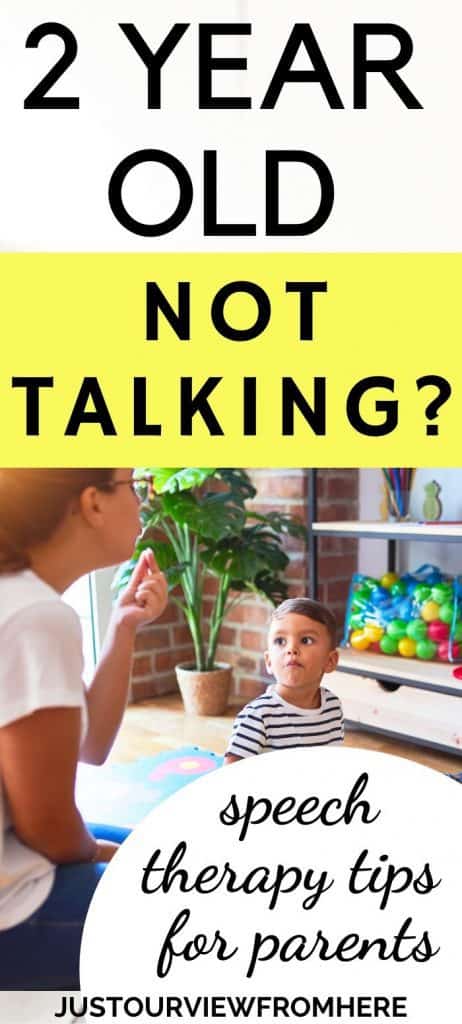
Your doctor may also check for enlarged tonsils and/or adenoids.
We had battled a couple of back-to-back throat infections with our little guy so it made sense to me that this might be an issue. Turns out it was.
One day at our speech therapy session, our SLP asked if our son had a cold because he sounded a bit nasally and asked if she could have a peek in his throat.
So we both looked and sure enough, they were huge. He didn’t have a throat infection at the time, so it wasn’t that. They were just really large.
The SLP told me that this could be affecting his ability to form certain words or why his speech sometimes sounds a bit garbled.
Our family doctor examined him, and referred us to an ENT (ear, nose, and throat) specialist and we are currently awaiting surgery to remove his tonsils and adenoids.
Speech Therapy Activities For Toddlers At Home
A professional SLP (speech and language pathologist) will work with you as a parent and give you the tools you need to help your child at home.
I had no idea what to expect when we started speech therapy but it honestly has been a great, rewarding, and eye-opening experience so far.
The SLPsassigned to our case have been awesome. Now, normally you will just get one assigned to your case but our first and second both ended up going on maternity leave.
All three of ours have been very patient, kind, and understanding, and given us many easy and fun exercises to do at home, a little “homework” if you will.
We are getting great results and progress with speech therapy and now after a year and a half, we can really see the fruits of our labour.
Home Speech Therapy Activities
Here are some of the home speech therapy activities we did with our 2-year-old that helped him move beyond talking gibberish and jargon.
These are some things that are easy to implement into playtime and your day-to-day interactions with your child. As with everything we learn in life, practice, persistence, and patience are your best friends!
Read with your child as much as you can
There is a power in reading with your kids that can unleash so many wonderful things when it comes to language and communication.
You can instill a love of reading that will last a lifetime. Books with flaps and pop-up books are really popular with our little guy. Here’s an awesome list of 30 toddler books to check out.
As your child progresses, you can do even more with books to help their language skills.
For instance, instead of simply reading the story word for word, try looking at the pictures and asking your child things like “how do you think this character is feeling?“
Or, “what do you think he will do about his problem?”
Doing this can help your child learn to identify emotions, and help develop the use of past, present, and future tenses when it comes to language.
For example, what WAS the character’s mom doing at the beginning of the book? What IS the character’s problem? What do you think WILL happen next?
Todd Parr books are some of our favorites. We especially love The Brother Book and It’s OK To Be Different.
Pop-up books like The Wide-Mouthed Frog are a great choice too, and an excellent way to engage your child with books.
Educational TV shows are helpful as well
We love watching shows like Super Why on Netflix.
This show can really help your child with their speech delay AND their reading skills!
The little superhero reader characters will appeal to your child and keep their attention.
Each episode is about solving a specific problem, done in conjunction with “super letters”, word power, and spelling power.
It’s educational but your kid will see it as fun (sort of sneaky I know, but it works!)
Practice letter sounds and letter recognition with toys and games
Of course, classic wooden alphabet blocks are a must-have. Usually, they’ll have letters, numbers, and pictures.
They’re great for helping develop motor skills and hand-eye coordination as well (think grabbing, holding, stacking).
We had a couple of toys and pretend play puzzles in addition to our books and blocks that really helped our little guy with learning letters and sounds.
Elmo’s On The Go Letters is a cute little portable suitcase where the letters snap into place. We absolutely love this one and I do believe it helped so much with learning ABCs.
If you’d like to add an electronic toy into the mix, we really recommend the Leapfrog 2-in-1 Leaptop which comes in pink or green.
The Animal Island Learning Adventure AILA Sit & Play Plus is a great electronic learning system as well.
Remember it’s all about baby steps. Have patience and make it fun and you’ll get there!
Fun & Easy STEM Activities For Toddlers
25 Nap Time Activities For Non-Nappers
Model the sounds and letters and when you are saying words, get your child to look directly at your mouth
Eye contact for communicating is also extremely important but if there’s a certain letter they have more trouble with try pointing to your mouth as you say it as well. They are just learning how to use all the muscles in their mouth so be patient. It takes time!
Flashcards can be an excellent tool to help with modelling.
We are still working on F’s, V’s, L’s, and R’s here at our house but getting there. Your SLP can give you tips to help with certain sounds.
Narrate everyday tasks to expose your child to more and more language
Kids learn so many of their language skills simply through exposure, so the more you talk and interact the better!
They are like sponges at this age and are constantly soaking in information and their brains are growing at an incredible rate.
Remember, you are your child’s first teacher, and who better to get them off to a great start in learning?
For example, “Ok Mommy is opening the fridge now. Now I’m grabbing the milk.” (Show your child the milk). Pour it into the cup or bottle and say something like “Now I’m pouring the milk. Yummy! Here’s your milk!”
Yes, you will feel a little silly at first doing it but repetition is key. Keep at it and it will come more naturally.
Talking Flash Cards with LCD Writing Tablet
- 112 Double-sided Flash Cards
- 224 Sight words, 12 Themes
- no damaging blue light, no glare
- 8.5-inch screen
- Smooth writing experience
- promotes children’s learning and development.
Educational Apps For Kids
There are some wonderful learning apps like ABCya, ABC Mouse, Starfall,
RosiMosi is awesome and has apps and games for toddlers covering shapes, colours, letters, math, matching games for memory, and more.
Of course, I am not recommending plunking your kid in front of a screen for hours on end, especially under the age of 2 and I agree with the experts that screen time should be minimized.
However, as your child grows, technology can be a great tool as long as it’s used in conjunction with real life. It’s all about balance.
Terrible Twos and Other Stages of Kidhood
Educational Videos For Parents
There are some wonderful free resources for parents to help late talkers and toddlers with speech delay!
YouTube channels are free to watch and can be really helpful in helping your speech-delayed child at home!
I recently found Speech With Adrienne on YouTube and her channel is chock full of learning and language tips.
Adrienne is a pediatric speech and language pathologist who uses creative ideas and strategies to help your toddler learn.
In this video, she quickly explains how to use a simple roll of masking tape to help you teach your toddler.
At first, I was like, tape? What can you do with that? Only about a million different things, apparently!
She reminds me of the exact same types of things our SLP does, so informative and worth a watch.
Learn about baby sign language
Remember, communication and expression includes verbal and non-verbal components so sign is a wonderful thing for little ones who are not quite able to get the words out yet.
Typically, baby sign language is more geared towards infants and not toddlers but when dealing with a toddler’s speech delay it can be useful as well.
Learn more about how sign language can help kids with speech delays here.
Speech Therapy Goes Beyond Just Words
There’s actually much more to speech therapy than I originally thought and so happy that we looked into it when we did. It goes way beyond just the spoken word.
Speech therapy delves into all these other concepts like pretend play, social skills, back and forth conversations, following 2 and 3-step directions, staying on task, and peer interaction.
Once you start learning these concepts and strategies, you’ll be amazed at the progress you will see with your child.
And we are learning so much about language development as parents with each stage we pass.
I guess I’m actually proud of the fact that I am getting my own grey matter moving too and learning along the way.
Being able to help your child learn is really fulfilling and seeing them blossom is the sweetest reward.
So if you have concerns about a speech delay, you have nothing to lose by looking into speech therapy.
Early intervention for a late-talking child can make a big difference so there’s no reason to put it off!
Just take things step by step, be very patient, and make it fun! An SLP can provide you with so many strategies to use at home to help your child.
Stick with it and soon you’ll see, talking gibberish will be a distant memory and they will be chatting up a storm.
And you may even get a nice surprise as I did.
Remember when I told you my son took forever to say Mama?
Well, when he finally did say it came out as a 3-word sentence. I gave him a piece of cheese and he looked up with a big smile and said “Thank you mama”, then trotted off like it was no big deal.
I guess he was just waiting for the right moment.
Until next time, K.

Kelly is the founder and creative force behind Just Our View From Here. As a first-time mom over 40, she brings a fresh perspective to parenting and family life on her blog. Kelly also explores a wide range of lifestyle topics in her writing, including fashion, beauty, self-care, and well-being.
Benefits Of Taking Your Kids To The Library
11 Compelling Reasons to Bring Your Kids to the Library A Library is a magical…
The Best Educational Toddler Shows on Netflix
Streaming Smarts: Unleash the Power of Netflix for Your Little Learners! Hello, super moms and…
Easy Fall Arts And Crafts Ideas For Kids
Simple Autumn Arts And Crafts For September & October It’s fall y’all! It’s the perfect…
Positive Parenting Top Tips For Parents
How To Be A Better Parent ( Without Yelling) As a mom myself, I know…
Thankful Books For Kindergarten Read Alouds
Books About Being Thankful and grateful For Kindergarten & Grade 1 These kids’ picture books…
Reading With Preschoolers-Tips For Parents
Are You Wondering How To Raise A Reader? When it comes to kids and reading,…
You May Also Like:
25 Rainy Day Activities To Do With Your Little Ones (Indoor & Outdoor!)
6 Fun & Fulfilling Hobbies For Moms (and why you need one)
Concerned About Your 2-Year-Old Talking Gibberish? Useful Links and Resources
Jumpstart your child’s progress with a free parent starter guide created just for parents by a professional SLP courtesy of Schooledinspeech.com.
Very Well Family Best Speech Therapy Apps
Speech Therapy Terms Defined And Explained
Just Our View From Here is a participant in the Amazon Services LLC Associates Program, an affiliate advertising program designed to provide a means for sites to earn advertising fees by advertising and linking to Amazon.com.

